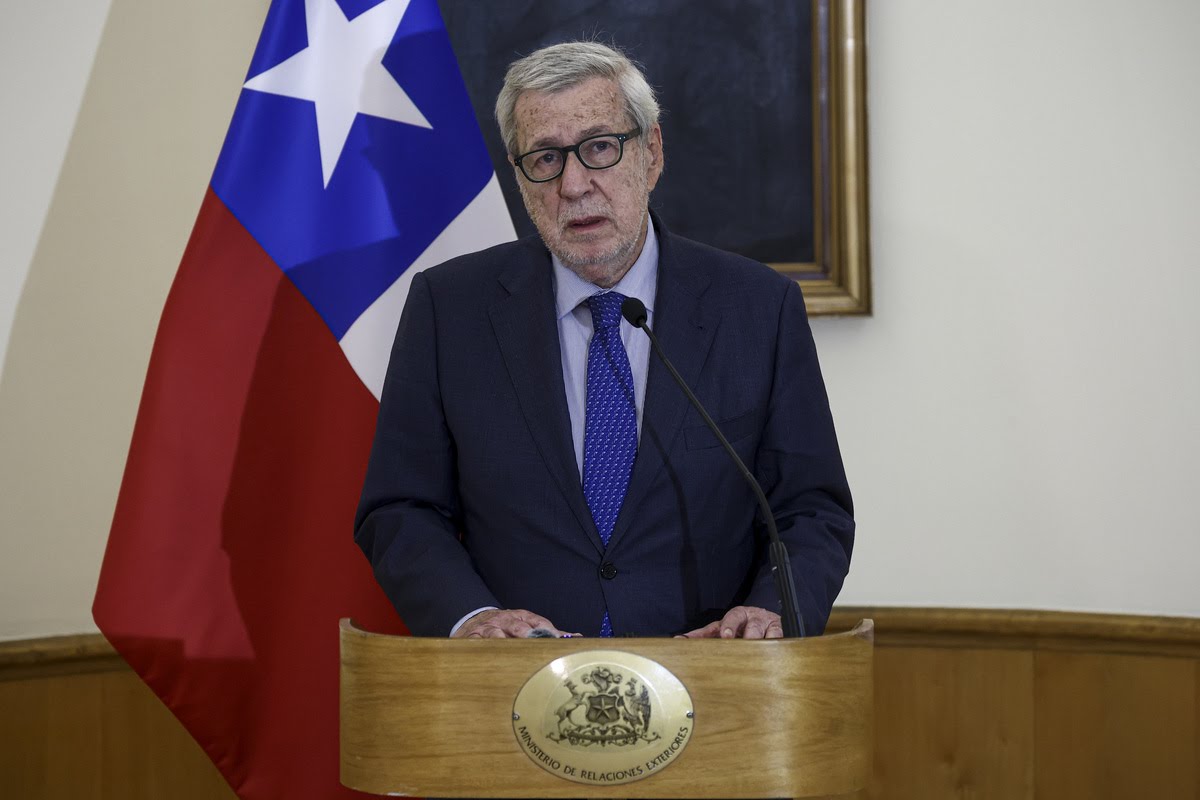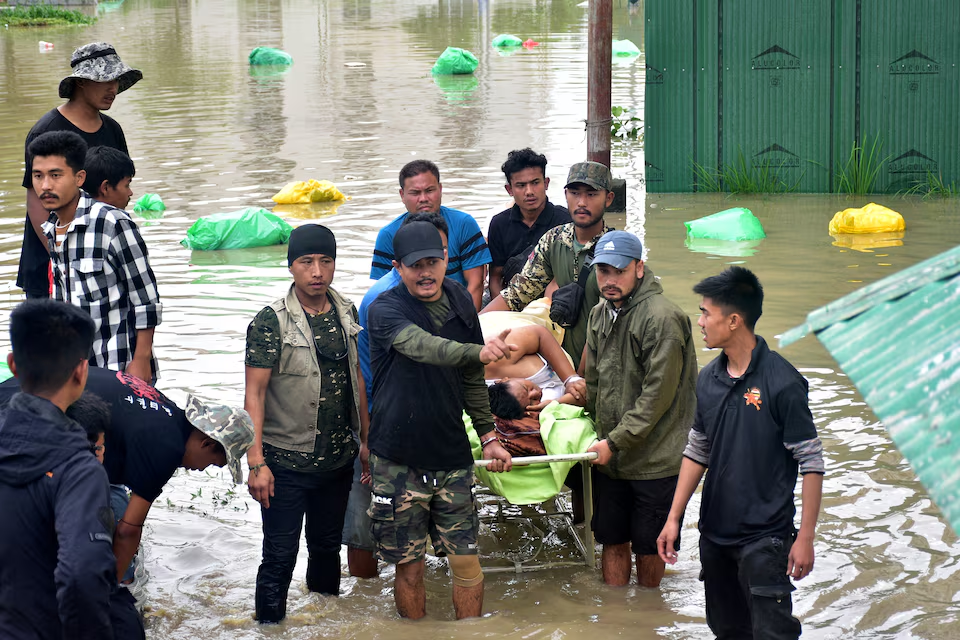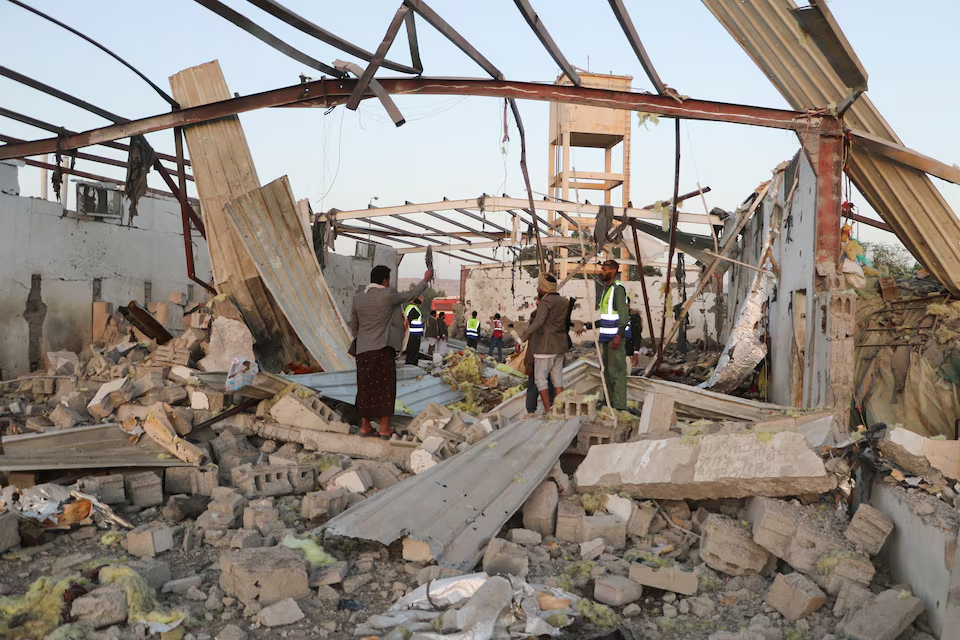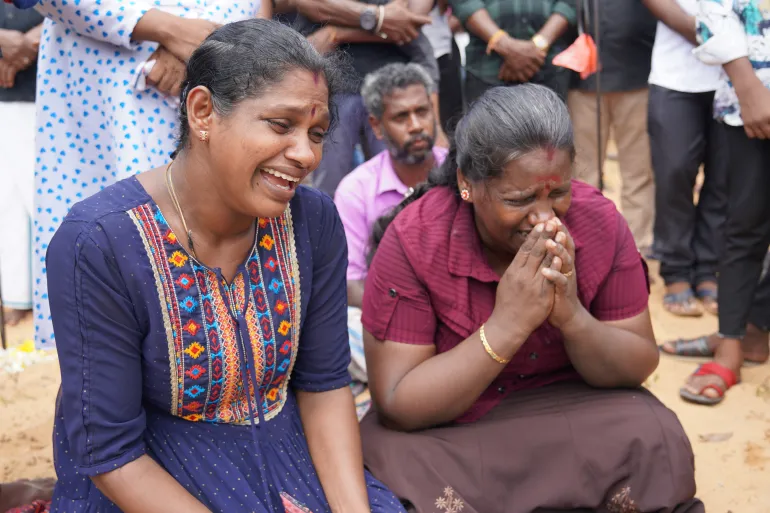The government of Chile has officially withdrawn its military attachés from Israel, signaling a sharp diplomatic response to the ongoing Israeli military campaign in Gaza that has drawn widespread international criticism.
The move was confirmed by Chilean Foreign Minister Alberto van Klaveren, who stated that the decision reflects growing concern within the Chilean government over the humanitarian situation in the Palestinian territories. The announcement follows repeated calls by Chilean officials for an immediate ceasefire and an end to what they described as “disproportionate use of force” by Israeli forces in Gaza.
“We can no longer maintain defense cooperation under these conditions,” van Klaveren said during a press conference in Santiago. “Chile is committed to international law and the protection of civilians in conflict zones. The current circumstances demand a clear and principled response.”
The withdrawal includes both military and defense personnel assigned to the Chilean embassy in Tel Aviv, and it effectively suspends all military-level cooperation between the two countries for the foreseeable future.
Chile has long maintained a strong diplomatic position in support of Palestinian rights and has one of the largest Palestinian diaspora communities outside the Arab world. The country has repeatedly urged Israel to respect United Nations resolutions regarding occupied territories and has supported international investigations into alleged human rights violations in Gaza and the West Bank.
In recent weeks, protests have erupted across Chile, with demonstrators demanding stronger action from the government. Human rights groups and Palestinian advocacy organizations in the country have applauded the attaché withdrawal as a necessary and symbolic gesture.
The Chilean move also aligns with similar actions by other countries in Latin America. Colombia and Bolivia have both severed or downgraded diplomatic relations with Israel over its actions in Gaza, while Brazil and Argentina have issued strongly worded condemnations.
Israel has defended its military campaign, citing its right to self-defense against Hamas rocket attacks and cross-border incursions. However, international observers say the scale of destruction in Gaza—including the killing of thousands of civilians and the targeting of residential areas—has led to growing calls for accountability.
Chile’s foreign ministry reiterated that the country remains committed to peace and a two-state solution, and that the suspension of military ties does not amount to a complete break in diplomatic relations. Chile continues to maintain its embassy in Israel and its support for Israeli civilians impacted by conflict.
Nonetheless, the action places additional pressure on Israel as it faces intensifying global scrutiny. United Nations agencies, humanitarian organizations, and foreign governments have all voiced concern over the worsening humanitarian crisis in Gaza, where food, medical supplies, and electricity remain in critically short supply.
Chile has also called for an emergency session of the UN Human Rights Council and has pledged to support resolutions demanding access for humanitarian aid and independent investigations into civilian casualties.
In closing his remarks, Minister van Klaveren urged other governments to consider “concrete actions” to halt the violence and support international law. “Diplomatic statements are not enough. We must act,” he said.
The withdrawal of Chile’s military attachés adds to a growing chorus of international voices pushing for accountability and an urgent diplomatic resolution to the war in Gaza. It is a stark message from Santiago that continued violence will not be tolerated in silence.
Source: Middle East Monitor



